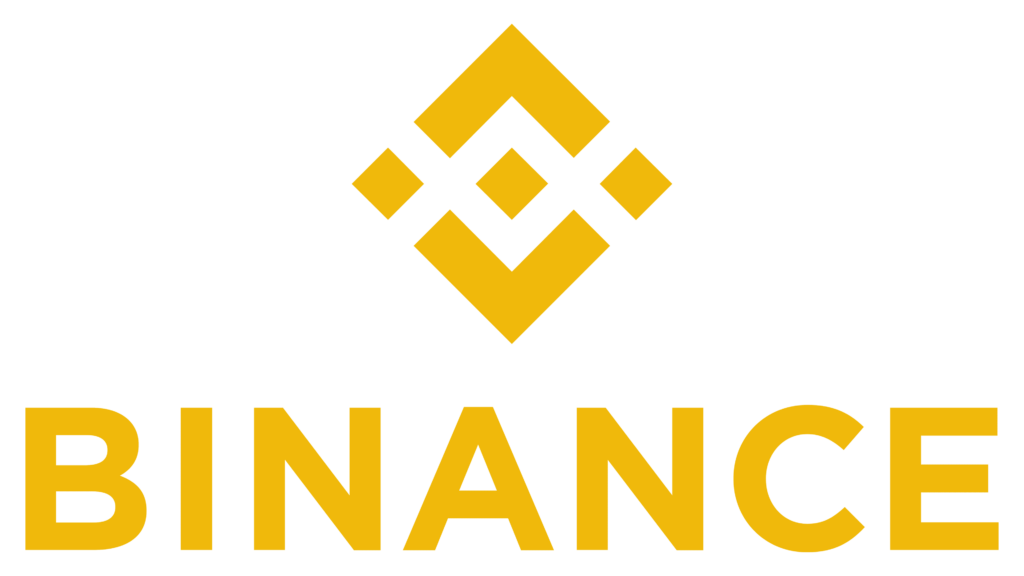ChainLink Explained: A Beginner’s Guide
If you are new to ChainLink and want to understand its fundamentals, then this guide is perfect for you. ChainLink is a decentralized oracle network that enables smart contracts to securely interact with external data sources, APIs, and traditional banking systems. In this article, we will explore the concepts behind ChainLink, compare it to alternative solutions, and address some common FAQs.
What is ChainLink?
ChainLink is a blockchain-based middleware that acts as a bridge between smart contracts and off-chain resources. Smart contracts are self-executing agreements with the terms of the agreement directly written into lines of code. However, they lack the ability to access real-world data on their own.
This is where ChainLink comes in. It allows smart contracts to interact with external data sources such as market prices, sporting event outcomes, weather forecasts, and more. By connecting smart contracts to real-world data, ChainLink enables the execution of trustless and tamper-proof agreements.
How Does ChainLink Work?
ChainLink operates through a decentralized network of nodes. These nodes are responsible for retrieving and verifying off-chain data before delivering it to smart contracts. ChainLink nodes can be run by anyone, including individuals, organizations, or data providers.
When a smart contract requires external data, it sends out a request to the ChainLink network. The nodes then compete to fulfill the request by fetching the required data and running it through a verification process called “proof of work.” Once the data is verified, it is sent back to the smart contract for execution.
Comparing ChainLink to Alternatives
Let’s compare ChainLink to some of its alternative solutions:
| ChainLink | Competitor A | Competitor B |
|---|---|---|
| Decentralized oracle network | Centralized oracle service | Internal data sources |
| Secure and tamper-proof data verification | Relies on trust in a single entity | Potential for data manipulation |
| Wide range of off-chain data sources | Limited options for data integration | Internal data sources only |
Frequently Asked Questions
Q: Can ChainLink be used with any blockchain platform?
A: Yes, ChainLink is blockchain agnostic and compatible with various blockchain platforms such as Ethereum, Polkadot, and Hyperledger.
Q: How is data integrity ensured in ChainLink?
A: Data integrity is ensured through the decentralized nature of ChainLink. Multiple nodes retrieve and verify the data, reducing the risk of data tampering or manipulation.
Q: Is ChainLink only used for financial applications?
A: No, ChainLink can be used in a wide range of industries beyond finance. Its ability to connect smart contracts with real-world data makes it applicable in areas such as supply chain management, insurance, gaming, and more.
Q: Is ChainLink’s use case limited to blockchain-based applications?
A: While ChainLink is primarily used in blockchain applications, it can also be integrated with traditional systems, enabling a seamless bridge between the two worlds.
Conclusion
ChainLink is a powerful decentralized oracle network that enhances the capabilities of smart contracts by providing them with access to off-chain data. Its wide range of off-chain data sources, secure verification process, and blockchain agnostic nature make it a versatile solution for various industries.
By understanding the fundamentals of ChainLink, beginners can grasp its potential and explore the vast possibilities of decentralized applications across different sectors.






